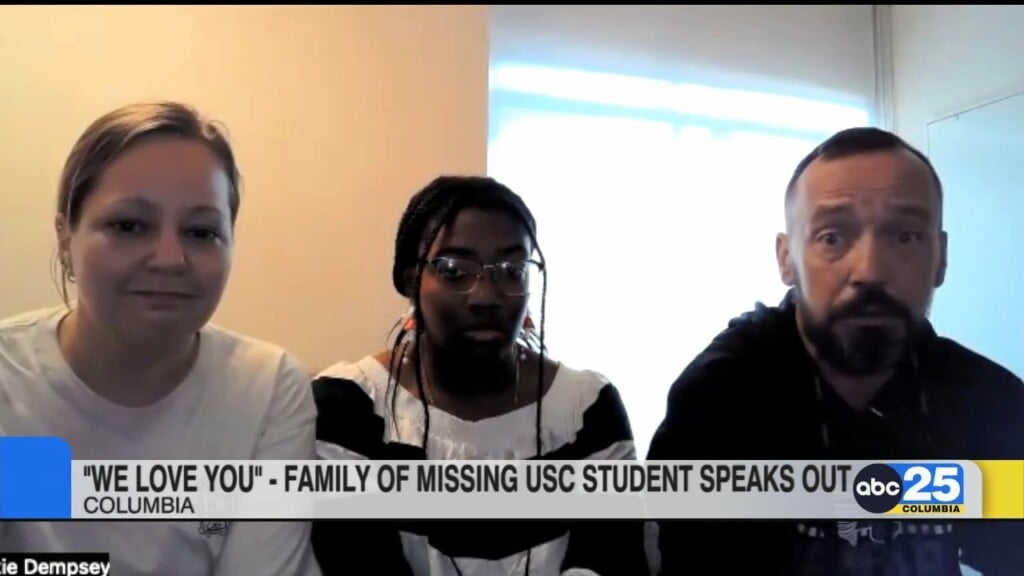Timeline of SC’s education funding lawsuit

COLUMBIA, S.C. (AP) — A history of school districts’ 21-year-old education funding lawsuit against the state:
November 1993 — 40 of the state’s then 91 districts, along with students and taxpayers, sue the state for adequate funding.
September 1996 — Circuit Judge Thomas Cooper dismisses the lawsuit, saying districts’ goals, though laudable, aren’t mandated in the state constitution.
April 1999 — The state Supreme Court rules that the constitution grants each child access to a “minimally adequate education,” defines what that means, and kicks the case back to Cooper.
July 2003 — The nonjury trial begins in Manning, focusing on eight districts: Dillon 2, Florence 4, Hampton 2, Marion 7, Orangeburg 3, and Allendale, Jasper, and Lee counties.
May 2004 — About 2,000 people participate in the March for Education Equity in Columbia to bring attention to the case and link it to the 50-year anniversary of the U.S. Supreme Court’s Brown v. Board decision that desegregated schools.
December 2004 — The trial concludes after 102 days of testimony from 112 people, generating a transcript of 23,100 pages.
April 2005 — The one-hour documentary “Corridor of Shame: The Neglect of South Carolina’s Rural Schools” premiers at the Columbia Museum of Art.
December 2005 — Cooper gives a partial victory to both sides, ordering the Legislature to invest more in early childhood education, but ruling that teacher pay and buildings are safe and adequate.
June 2006 — Legislators create a limited full-day 4-year-old kindergarten pilot program, specifically for at-risk students in the plaintiff districts.
July 2007 — Cooper dismissed appeals from both sides that he reconsider his decision. Both sides later appeal to the state Supreme Court.
June 2008 — Attorneys make their appeal arguments to the state’s high court.
May 2012 — The justices order a re-hearing and invite both sides to submit briefs on how laws enacted since 2005 affect their arguments.
September 2012 — Attorneys for both sides return to the state Supreme Court to re-argue their case.
June 2014 — “Read to Succeed” is signed into law. Among other things, it calls for eventually expanding statewide the full-day kindergarten pilot for at-risk 4-year-olds. Legislators began expanding the pilot to more districts in 2013 as part of the state budget.
November 2014 — The Supreme Court rules in favor of the districts. The opinion directs legislators and school district officials to work together on a solution. Both sides must present their plan to the justices “within a reasonable time.”
